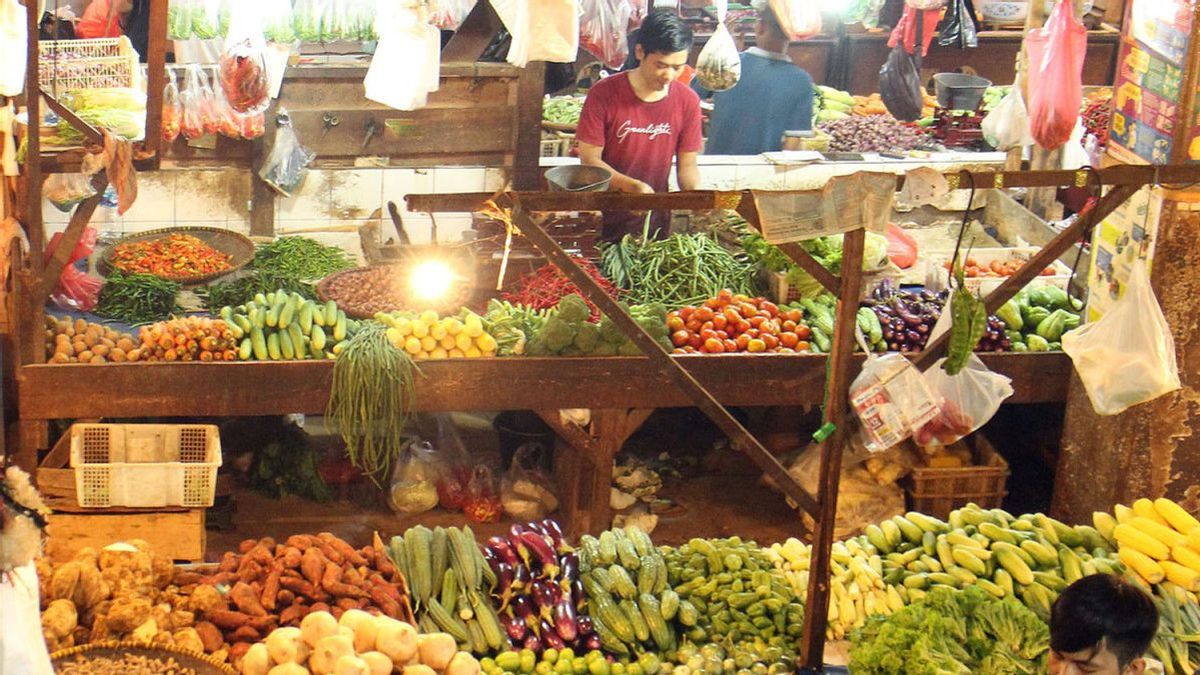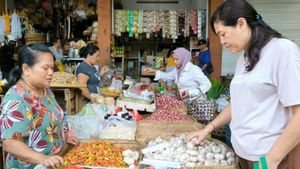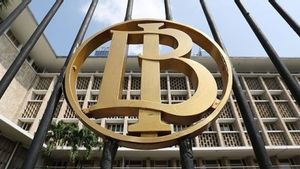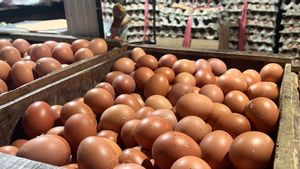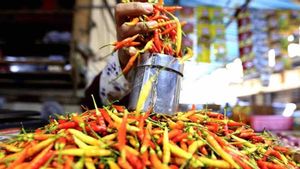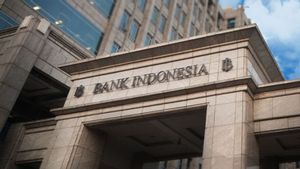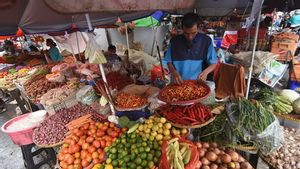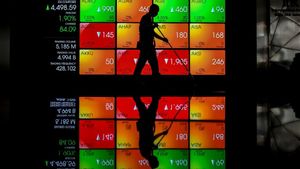JAKARTA - Institute for Development of Economics and Finance (Indef) Economist Eko Listiyanto said that consumer behavior at this year's homecoming will be slightly different compared to last year, mainly due to the increase in food prices that have occurred since November 2023.
"But if we relate it to consumer behavior, I will say this year's homecoming is a bit different. Because if we compare it last year's homecoming in April, last year people were not beaten by price increases from the beginning of the year," he said in a virtual Indef public discussion, quoted on Tuesday, March 27, 2024.
According to Eko, Indonesia's economic growth in the first quarter of 2024, precisely when the momentum of Eid was around 5 percent, this figure was lower than last year's Eid which was 5.17 percent.
Last year's distribution of the economy could grow 5.17 percent, if this year the first quarter maybe if I calculated it would only be 5 percent, so it fell slightly. Why, yes, the price pressure has been felt by consumers. It's true that they will go home, but just get ready the fitrah money is not as big as last year," said Eko.
In addition, Eko is worried that the economic season in the first quarter of 2024 will be higher than the fourth quarter of 2023, but it is estimated that it will remain not as high as last year's Eid.
"Later April, when Eid has been harvested, the price is still high, it illustrates the potential for an increase in consumption rate. This has been eroded since the beginning of the year," he said.
According to Eko, food commodity prices, especially rice, have still increased since the end of last year, and until now the government is considered unable to control this price. In this case, he saw data from the National Strategic Food Price Information Center (PIHPS).
In addition, Eko said that the government has claimed to have harvested in several areas but the price of rice is still unstable.
Eko explained that apart from rice prices, according to him, several main food commodities such as meat, to eggs, also experienced an increase in prices as stated in the PIHPS data panel.
SEE ALSO:
According to Eko, this is a consequence of the government's inability to control goods prices ahead of Eid.
"Not only rice, yes, today, meat, eggs, at the prices at PIHPS have increased, and that is the consequence of the government's inability to control goods prices ahead of Eid," he said.
Eko added, one of the indicators or signs of an economic slowdown during Eid momentum is if there is a shift in transportation modes carried out by the community.
"One of the indicators is that we will see the mode of choice they choose to transport, if they have shifted to land that is not private, there may be this, the economy has signs of a slowdown," he concluded.
The English, Chinese, Japanese, Arabic, and French versions are automatically generated by the AI. So there may still be inaccuracies in translating, please always see Indonesian as our main language. (system supported by DigitalSiber.id)
